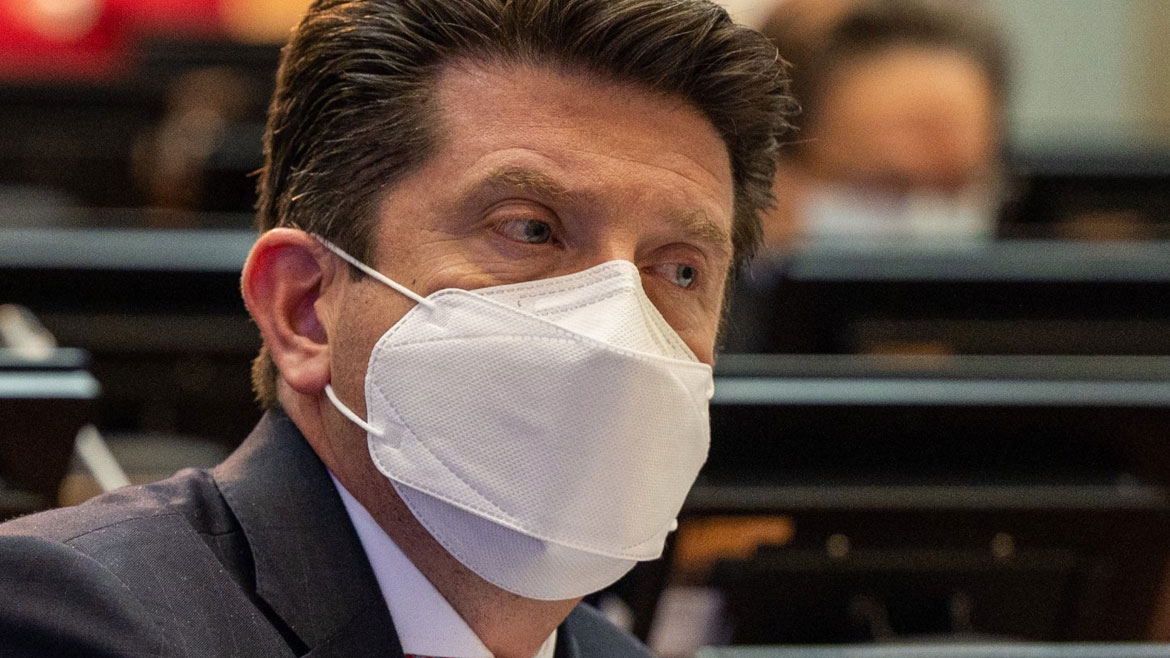Colombia’s defense minister said Thursday that Interpol asked information on former soldiers for their alleged participation in the assassination of Haiti’s President Jovenel Moise.
In a press conference, Defense Minister Diego Molano said that he had ordered “the Police and the Army to immediately cooperate in the carrying out of this investigation to clarify these facts.”
Through Interpol, we received a request for information.
Defense Minister Diego Molano
According to local media, Interpol requested general and classified information, including the former soldiers’ phone records, IP-addressed and online communication.
Twenty-six Colombians were part of a hit squad of 28 that assassinated Moise in his home on Wednesday, according to Haitian police chief leon Charles.
Three of the alleged Colombian assassins, including two former members of the military, were killed by police in the Haitian capital Port-au-Prince.
Fifteen Colombian members of the hit squad were in custody, Charles told press who added that eight Colombians were still on the run.
Among the detainees are four former members of the Colombian National Army.
Colombian opposition Senator Ivan Cepeda said Friday that he would call the defense minister to Congress to about the involvement of former members of the military in crime abroad.
According to Cepeda, Molano will have to explain what the military knows about the issue and what prevention mechanisms are in place.
Countless former members of the military over the years have been legally employed as mercenaries abroad, for example in the United Arab Emirates.
Others, however, have joined organized crime groups like the one that assassinated the president of Haiti.
Retired Colombian military personnel participate in mercenary operations in several countries. Minister of Defense, what actions are you taking to counteract these illegal activities and to prevent mercenary crimes such as the one against the president of Haiti?
Senator Ivan Cepeda


